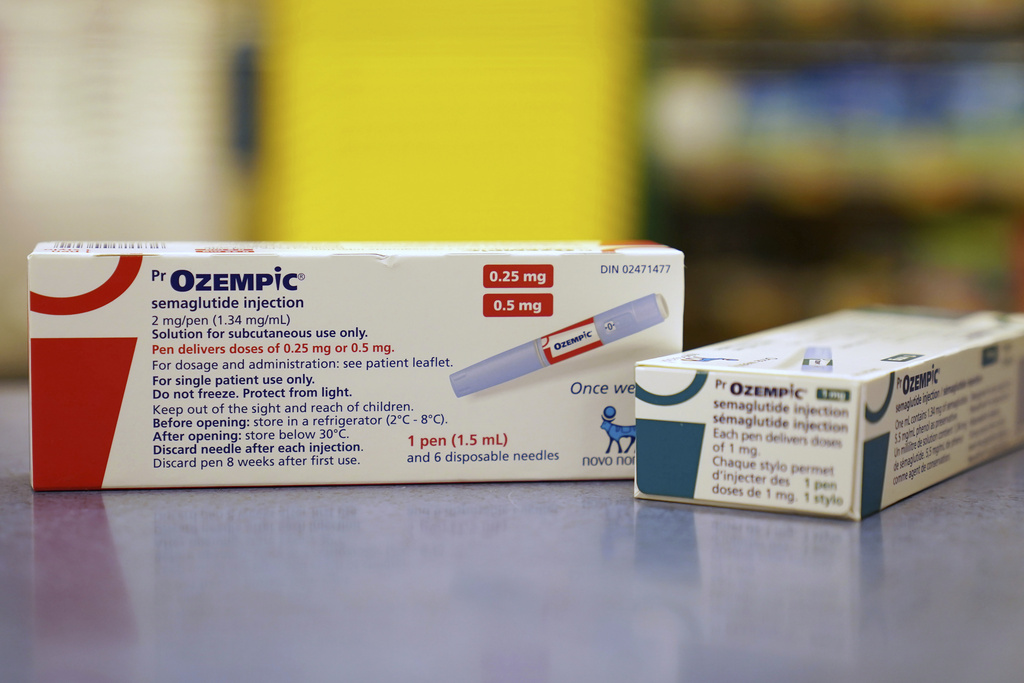In a remarkable turn of events, the groundbreaking weight loss medication Ozempic has demonstrated the ability to assist not only with shedding pounds but also in quelling cravings among smokers and problem drinkers, according to findings from a range of trials and anecdotal reports.
More than 50 million Americans have experienced the transformative effects of Ozempic, a drug containing semaglutide, the active ingredient, which initially gained recognition for its effectiveness in tackling obesity. However, recent investigations have illuminated its potential to address addictive behaviors associated with alcohol, nicotine, and other compulsions.
A collection of studies encompassing both animal trials involving rats and clinical investigations with human subjects have unveiled a gradual decline in alcohol and nicotine consumption among individuals prescribed semaglutide. This discovery is further bolstered by an increasing number of personal accounts attesting to the drug’s influence in curbing these harmful habits.
Beyond its apparent impact on substance use, Ozempic has exhibited the capacity to assist its vast user base in reining in an array of compulsive behaviors. These encompass behaviors that range from seemingly trivial habits such as nail biting and excessive sweet consumption to more perilous tendencies like impulsive spending and gambling.
Scientists delve into the mechanism behind Ozempic’s multifaceted effects, postulating that its influence extends beyond its primary role in regulating blood sugar levels and inducing satiety during meals. Researchers propose that the drug is capable of modulating the intricate reward pathway within the brain. By manipulating the release of dopamine—a neurotransmitter associated with pleasure and reward—the medication can temper the brain’s response to positive stimuli, which in turn affects urges and cravings.
This intriguing potential for harnessing injectable weight loss aids as a means to mitigate addictive behaviors has the potential to revolutionize the landscape of treatment. Presently, therapeutic options for addressing addiction are often limited to a handful of government-approved medications, which frequently fall short in preventing relapses over the long term.
(YWN World Headquarters – NYC)












4 Responses
Basically, when you take this, you no longer enjoy anything.
I’ve read articles about people which took it and have severe stomach issues for years… others experienced other problems and regret taking it…
I’m waiting for an article where you will share that Ozempic causes suicidal thoughts. They purposely excluded anyone with any slight depression from the trials, so that it doesn’t come up as a side effect. In England it is written out in the side effects. (on similar drugs that work the same) Somehow the US doesn’t care too much about us.
Can it cure my craving for coffee?